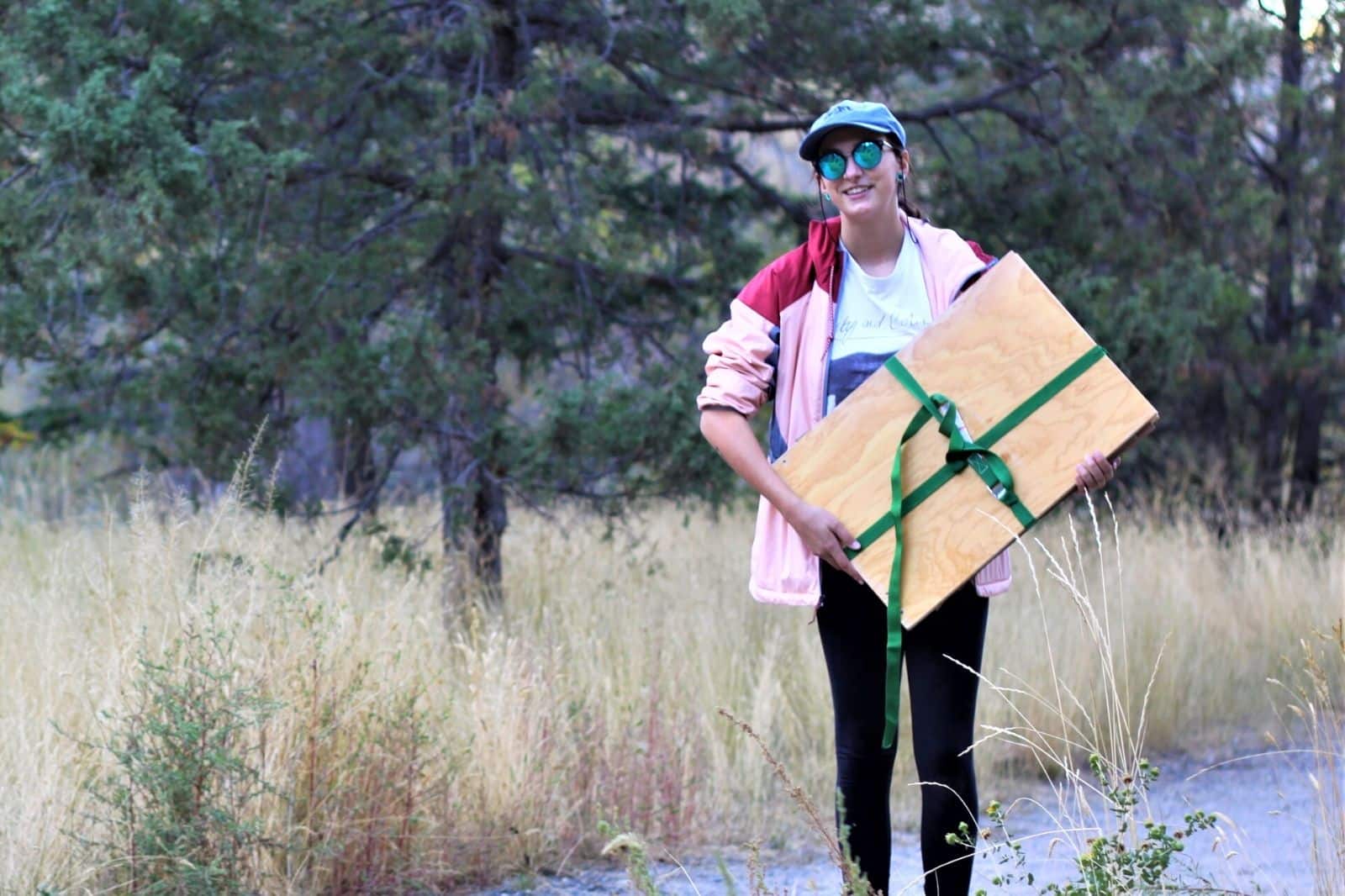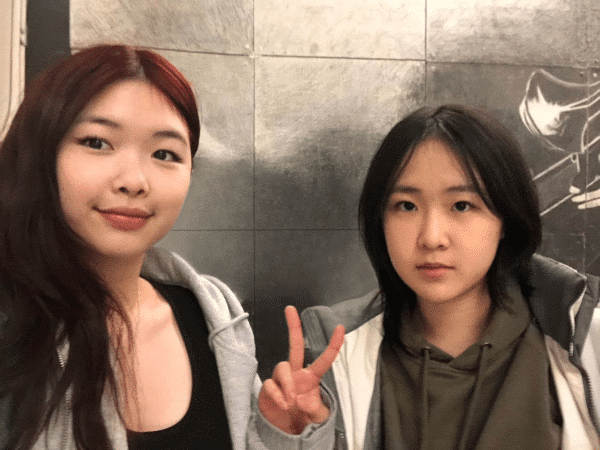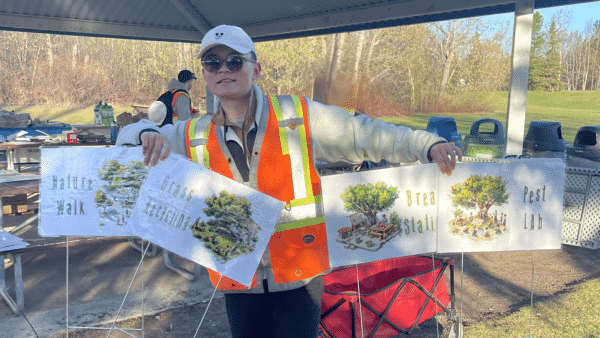Published: April 19, 2021
Natasha has been volunteering with the ISCBC Kamloops youth volunteer team since August 2020. Natasha is passionate about preventing the spread of invasive species and in her spare time she enjoys participating in weed pulls and encouraging others to learn about the natural world.
I’m happy to say I have completed 120 volunteer hours with ISCBC. Being passionate about the environment has made volunteering so rewarding.
Natasha
What do you like about volunteering?
I like how I am doing something I genuinely care about . I like volunteering my time to help and do things that will benefit not only myself and others but the community too.
What inspired you to take action?
Last summer I helped with invasive plant management and it awakened the passion I have about educating others to stop the spread and care about our environment. Many people are unaware of these plants, animals, or fish and don’t understand the impact they have. I want to spread common knowledge to my friends, family, coworkers, and community.
What volunteer activities have you been involved in?
I went to the habitat stewardship for MacArthur Island and pulled Common burdock. I hosted a plant press workshop, posted information about an invasive on the volunteer Facebook group, and watched many webinars, blogs, videos and joined volunteer Zoom meetings.
What would you say to a potential volunteer?
I’d tell them that this position is very much led by your motivation. ISCBC can help you achieve your community and environmental based goals, with many different opportunities to learn or volunteer in person and online.
Help Protect British Columbia
Are you eager to get outdoors, get active, and get learning? Interested in having a real-world impact on your local community? Our youth volunteers help to protect BC from new and spreading invasive species, by gaining expert knowledge of our local environment and ecosystem, and by taking meaningful action in the field.
Share





